The U.S. Supreme Court recently ruled in favor of a teenager who was suspended from her Pennsylvania high school's junior varsity cheerleading program after she penned a profane rant on Snapchat following the varsity team coach's decision to cut her from the squad.
As Politico reported, the court's nearly unanimous 8-1 decision argued the First Amendment bars public schools from regulating or punishing speech made off campus, including speech delivered on social media platforms like Snapchat.
The court did, however, suggest school's have the power to regulate off-campus speech if it threatens to hinder the normal operations of the school.
Teenager Brandi Levy's 2017 rant, however, did not ascend to that level of disruption.
Though it was plenty dynamic:
"F'k school, f'k softball, f'k cheer, f'k everything."
When Levy's Snapchat rant made its way back to the coach, she was booted from the Junior Varsity team.
So she and her father sued the school.
You can see news coverage here:
As Levy shared during her interview with CBS Evening News, she felt she'd been muzzled.
"Kids should be able to express themselves and they should be able to do so without being scared that schools are going to punish them."
By the time Levy's civil suit made its way to the Supreme Court, the broader significance of her case had grown. After all, this was the first time the Supreme Court was asked to rule on student free-speech in the age of social media.
Justice Breyer, who wrote the majority opinion of the court, outlined that the consequences of Levy's message were relatively minor.
"We can find no evidence in the record of the sort of 'substantial disruption' of a school activity or a threatened harm to the rights of others that might justify the school's action."
"Rather, the record shows that discussion of the matter took, at most, 5 to 10 minutes of an Algebra class 'for just a couple of days' and that some members of the cheerleading team were 'upset' about the content of [Levy's] Snapchats."
Breyer also shared the general motivations behind the court's decision.
"Courts must be more skeptical of a school's efforts to regulate off-campus speech, for doing so may mean the student cannot engage in that kind of speech at all."
"When it comes to political or religious speech that occurs outside school or a school program or activity, the school will have a heavy burden to justify intervention."
Levy told CBS what it felt like to learn she'd won the case.
"I was really excited, I was screaming. I was cheering, I'm not gonna lie, in my living room when I found out."People who heard the news were thrilled to hear free speech had been upheld.
Goodness knows what kind of colorful language we can expect to see on Snapchat this fall.

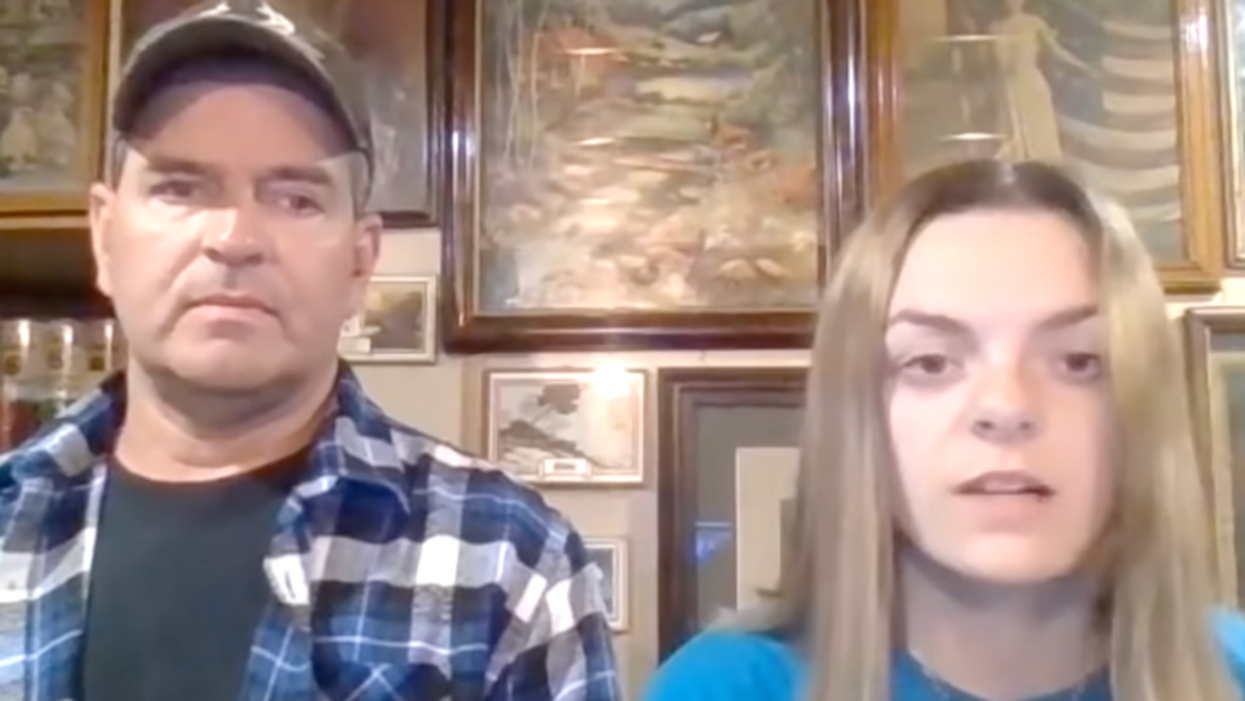

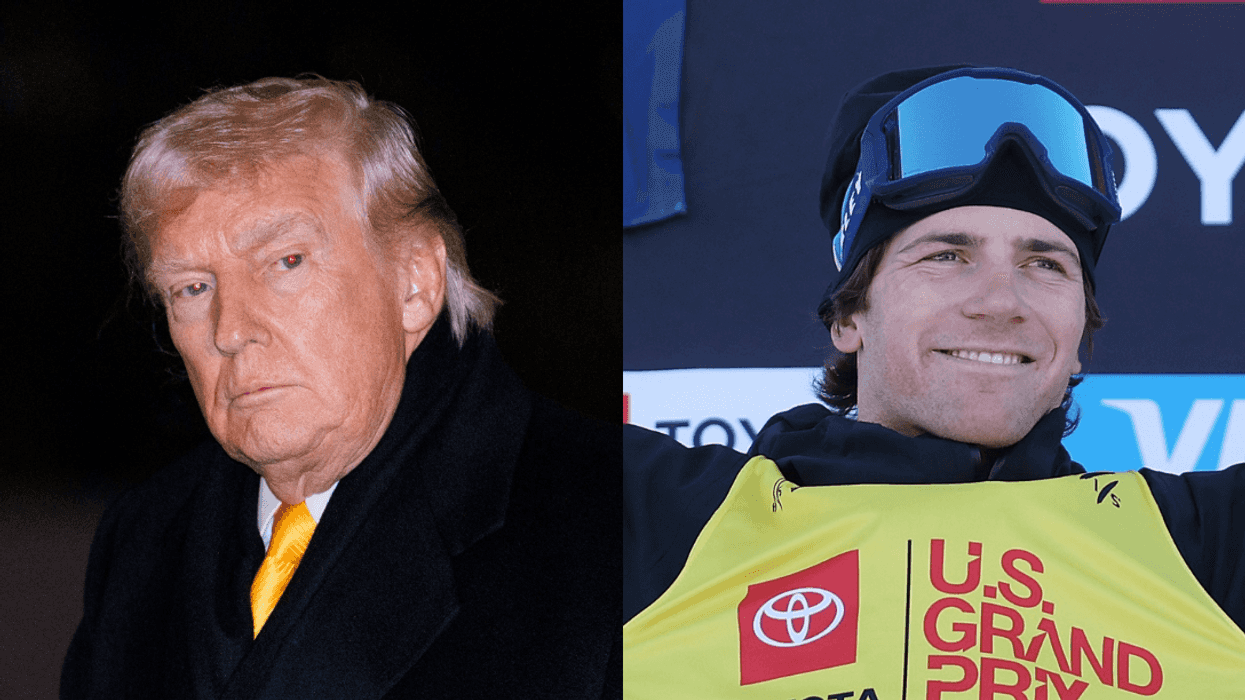
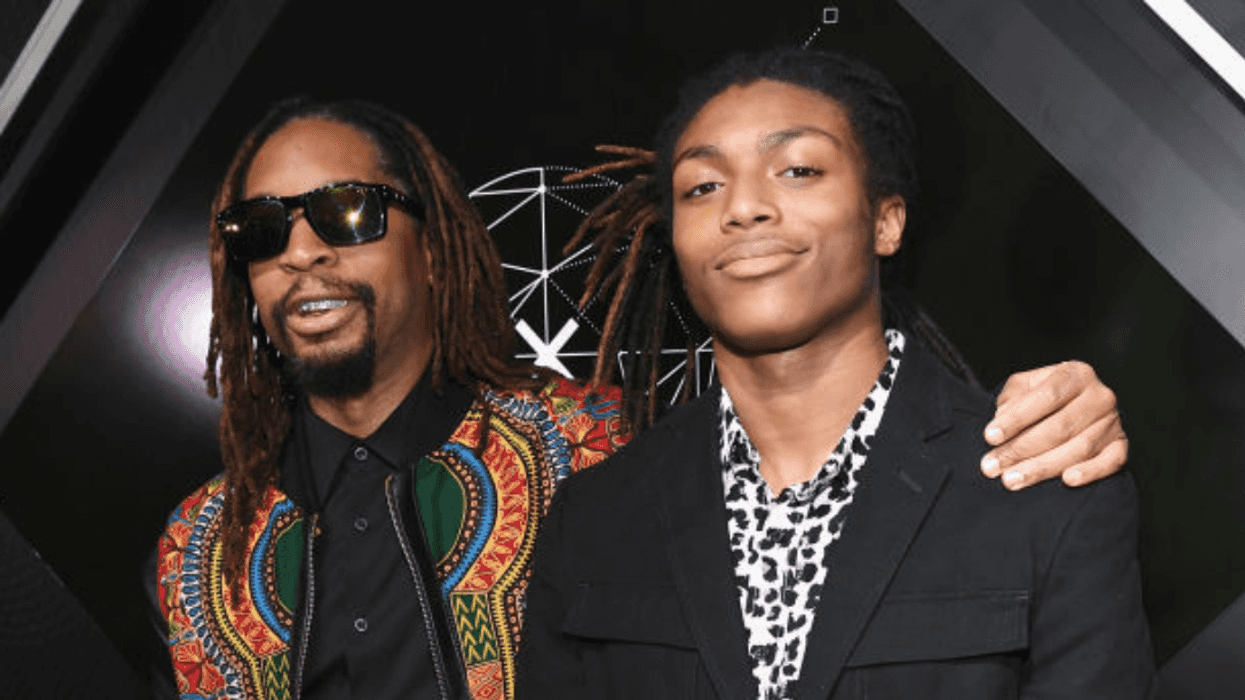
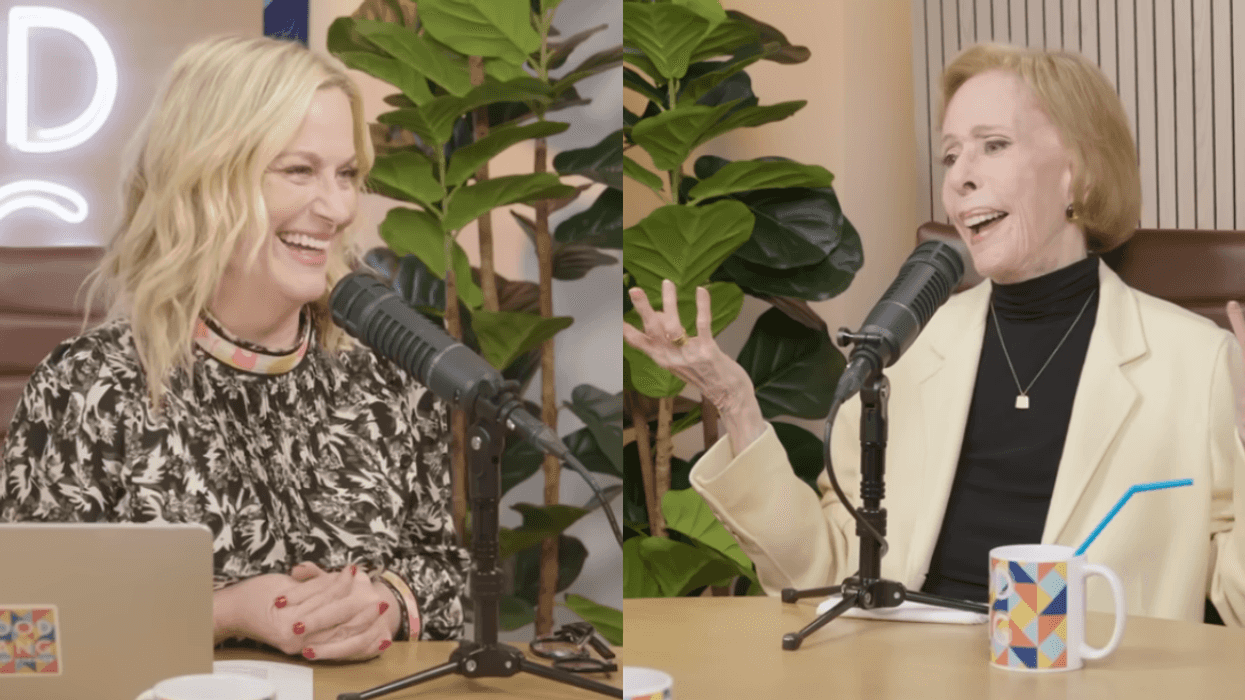
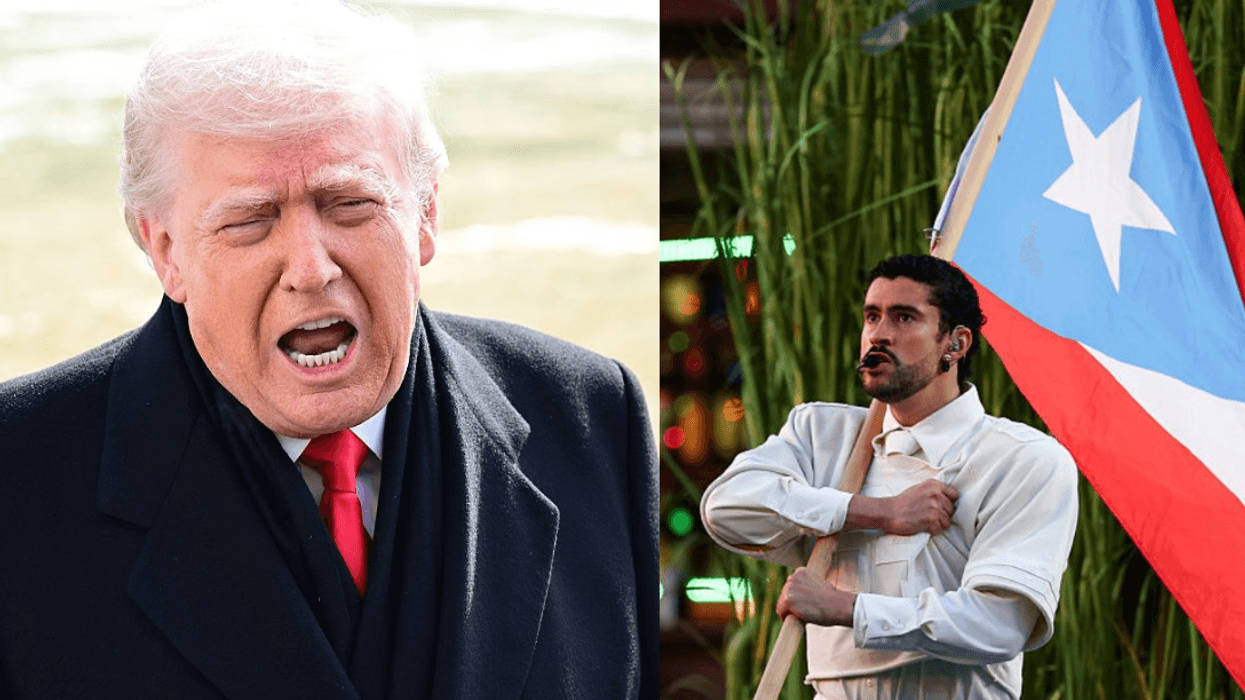


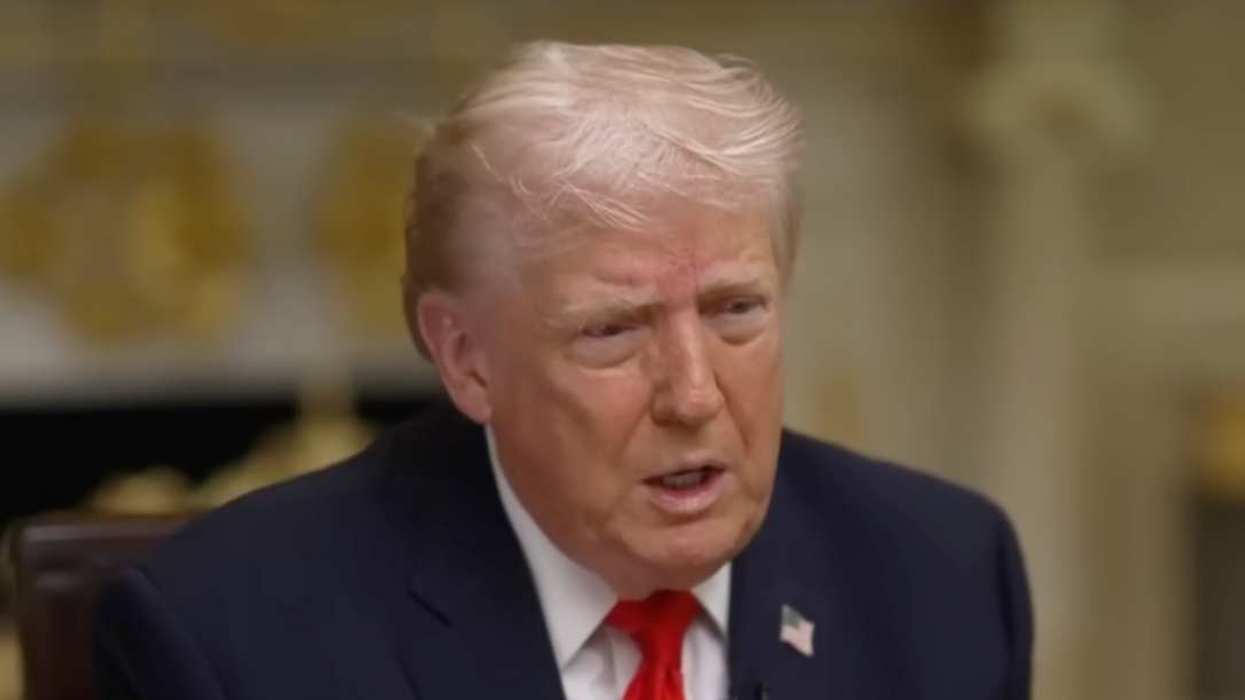



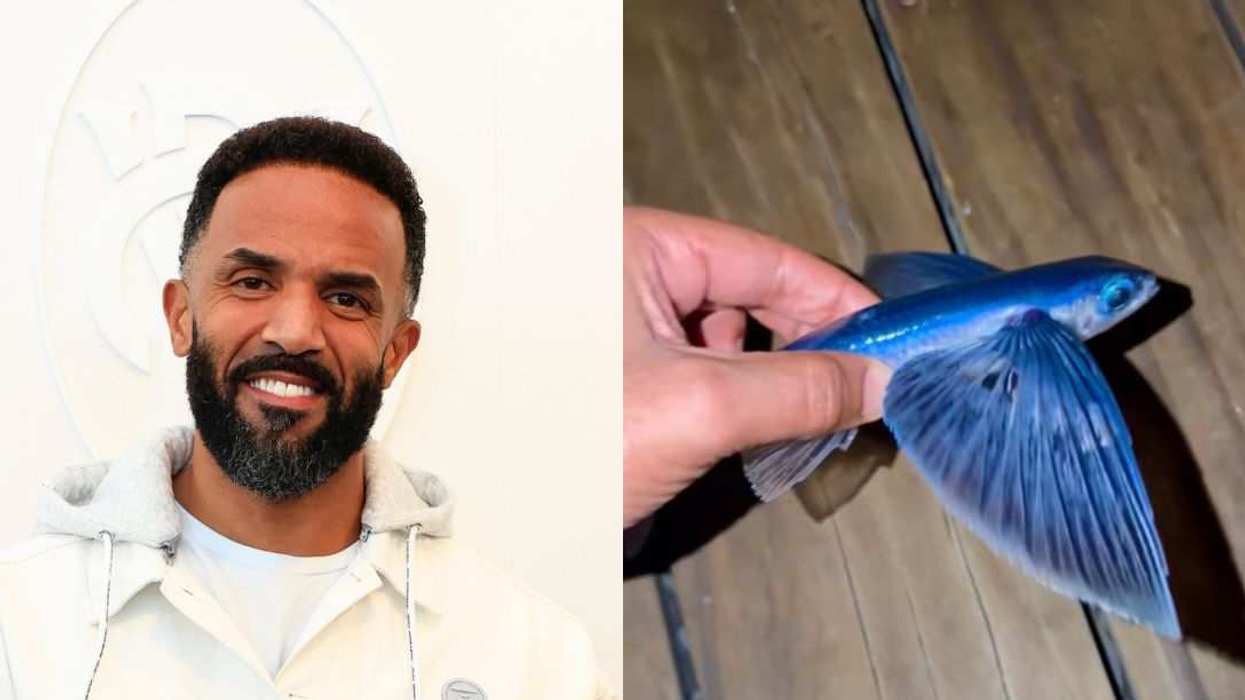
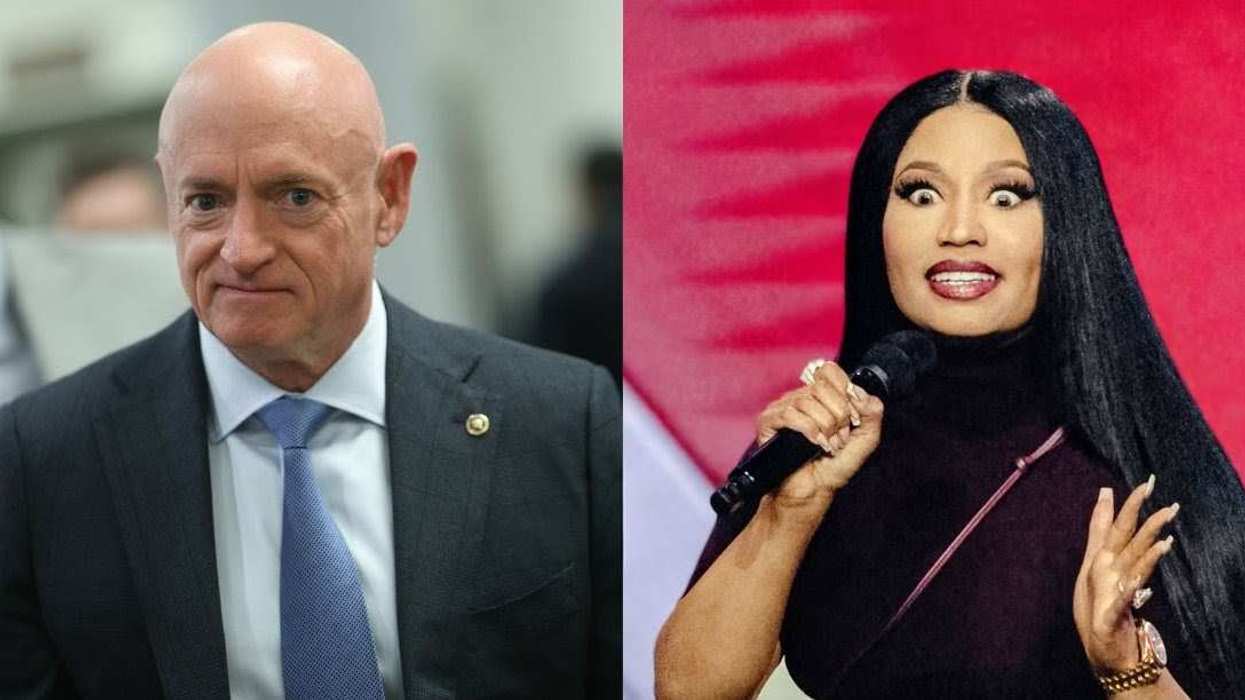
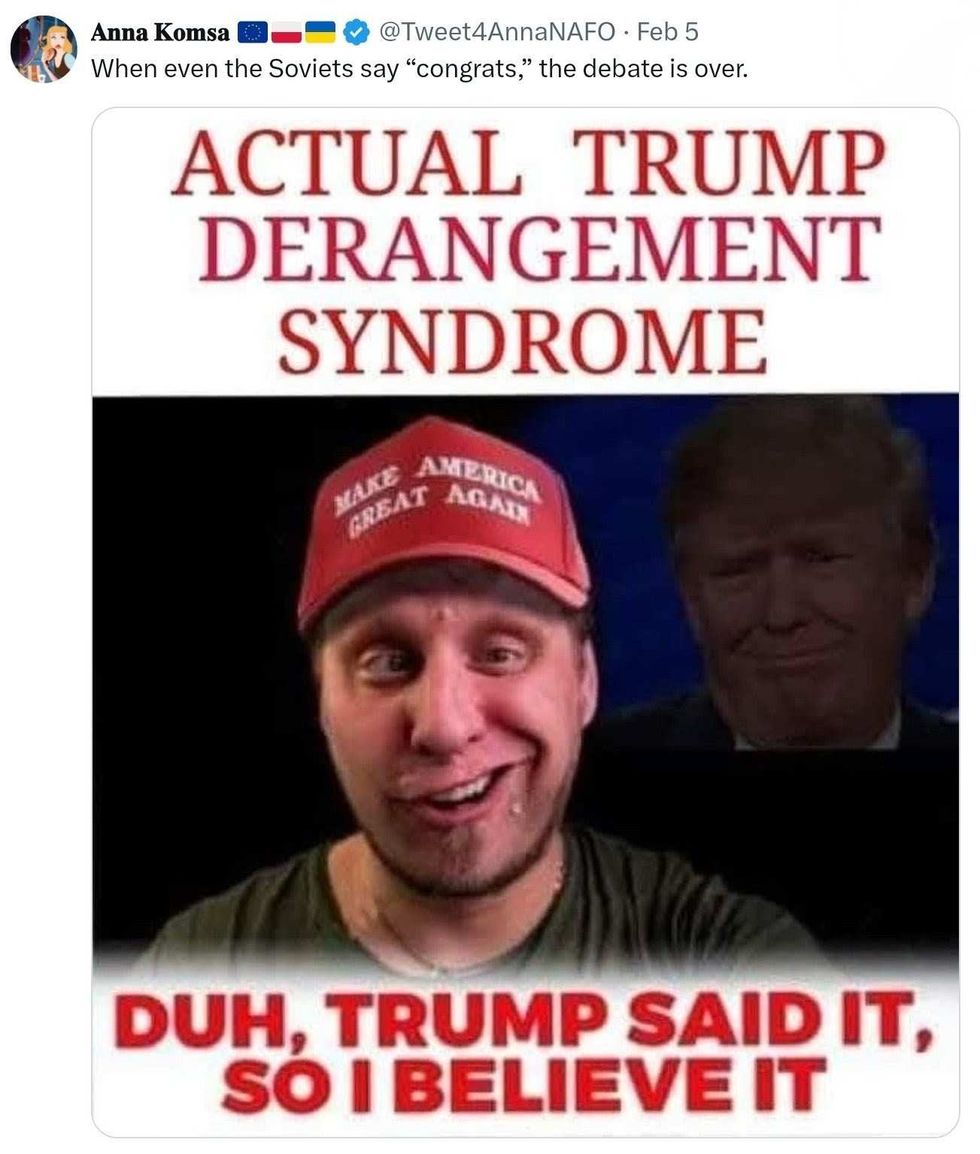 @TweetforAnnaNAFO/X
@TweetforAnnaNAFO/X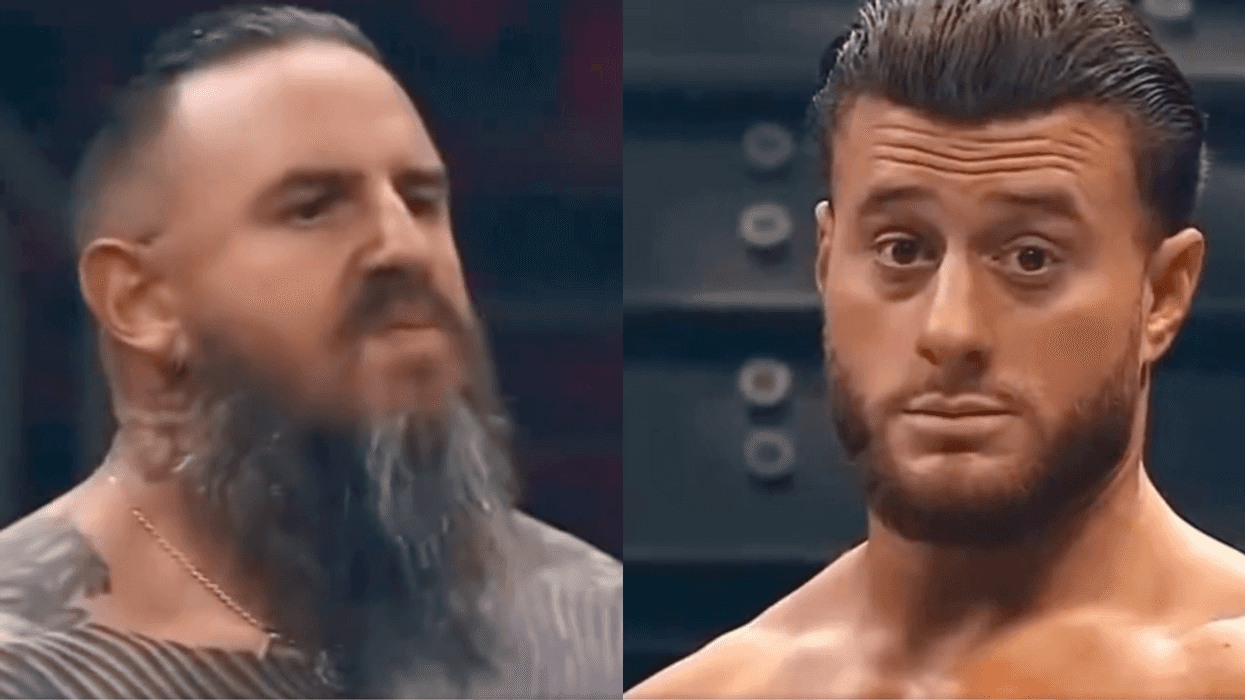
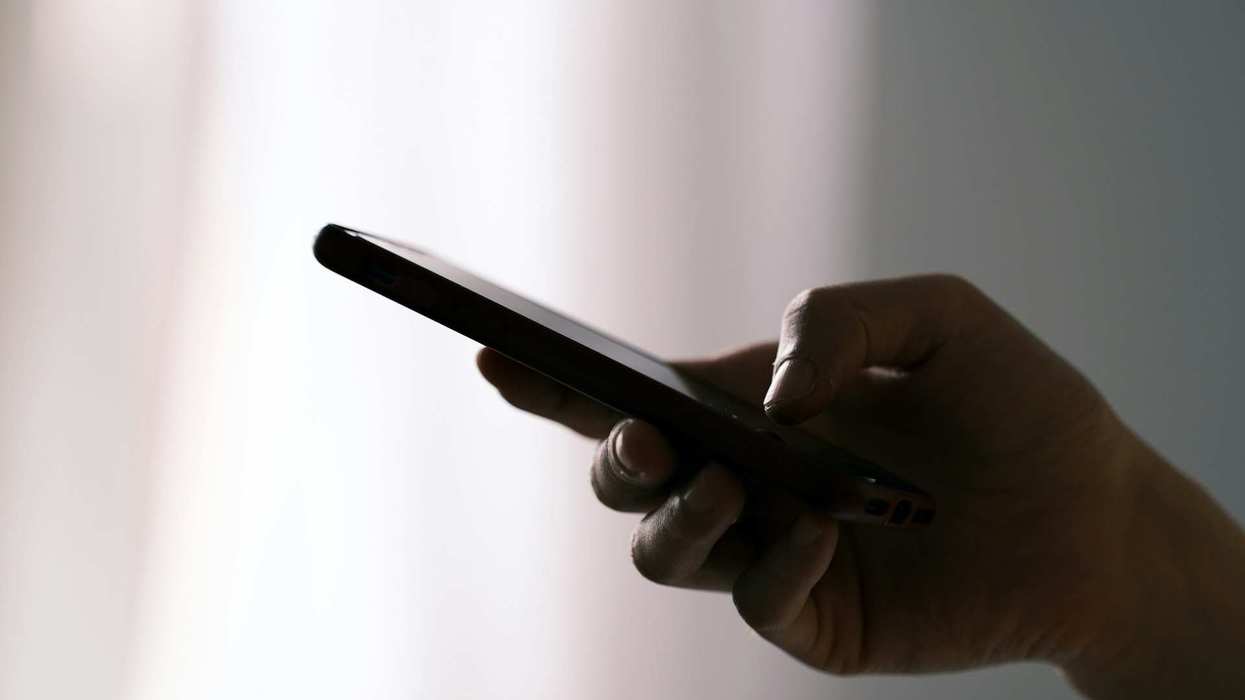
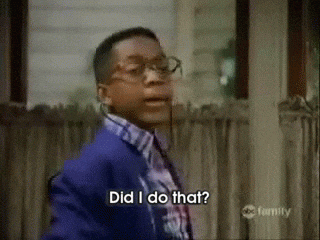 Steve Urkel Oops GIF
Steve Urkel Oops GIF  Moon Walk Dance GIF
Moon Walk Dance GIF 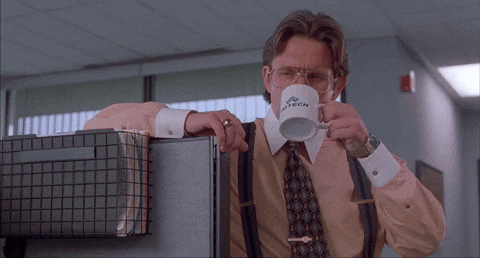 The Office Monday GIF by 20th Century Fox Home Entertainment
The Office Monday GIF by 20th Century Fox Home Entertainment